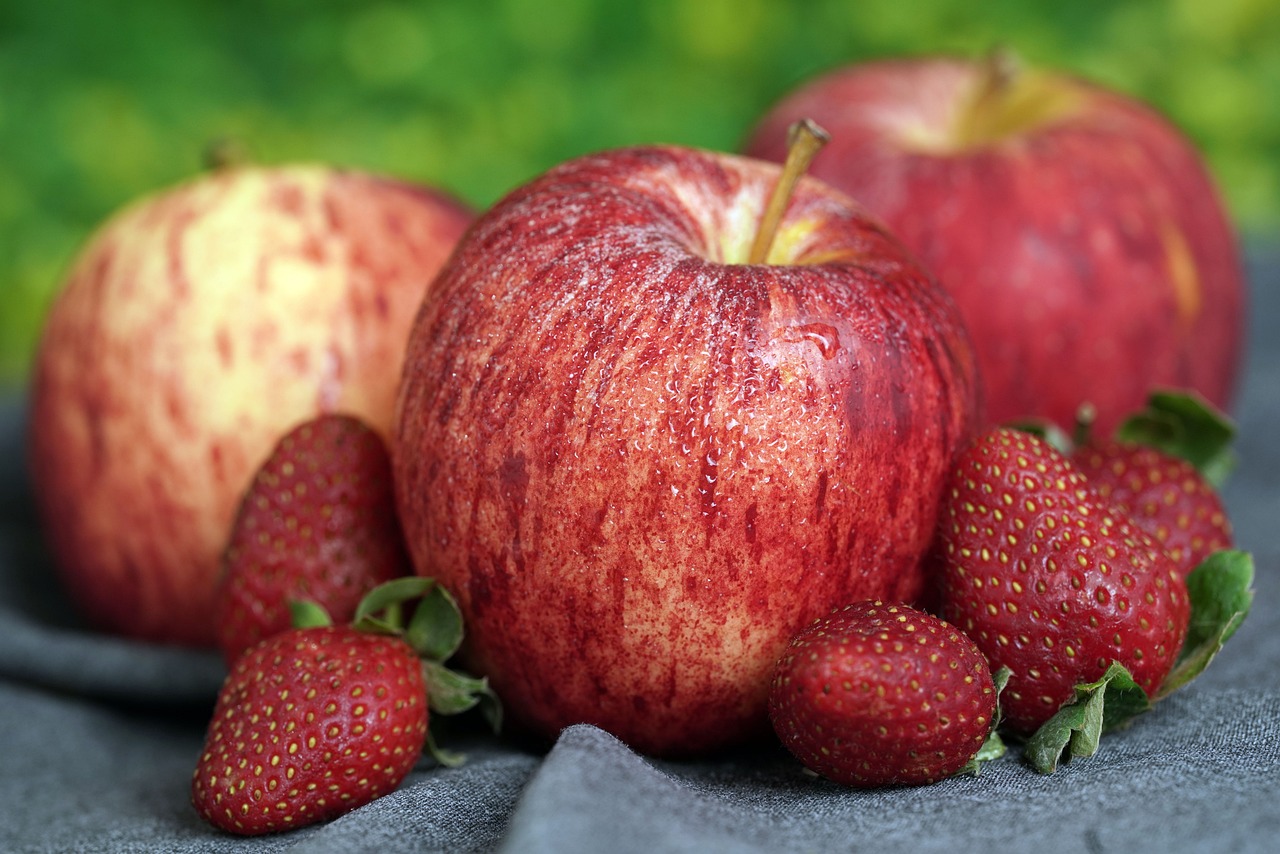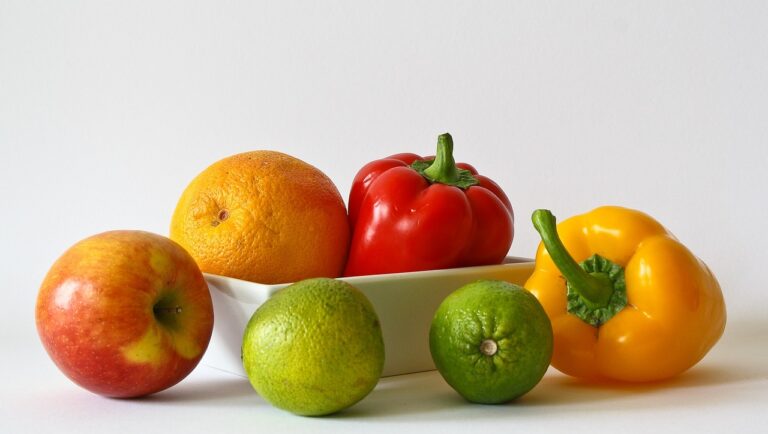Honey Production and Local Economies: 11xplay pro, Tiger 247 login, Betbook
11xplay pro, tiger 247 login, betbook: Honey production is not only a sweet treat for consumers but also a critical economic activity for many local communities around the world. The process of collecting nectar from flowers and transforming it into honey has been a source of livelihood for beekeepers for centuries. In this article, we will explore how honey production impacts local economies, benefits communities, and supports sustainable practices.
The Importance of Honey Production
Honey production plays a significant role in local economies by providing job opportunities, generating income, and contributing to agricultural development. In many rural areas, beekeeping is a traditional practice passed down through generations, providing a reliable source of income for families. The sale of honey and other bee products such as beeswax, propolis, and royal jelly can help beekeepers support their families, invest in their businesses, and improve their standard of living.
Moreover, honey production can stimulate economic growth in rural communities by creating market demand for local products. Local honey is often prized for its unique flavor profiles, nutritional benefits, and quality compared to mass-produced honey. As consumer preferences shift towards organic and sustainable foods, there is a growing demand for locally sourced honey, which can result in higher prices and profitability for beekeepers.
The environmental benefits of honey production are also significant for local economies. Bees play a crucial role in pollinating crops, fruits, and wildflowers, which are essential for agricultural productivity and biodiversity. By maintaining healthy bee populations and supporting pollination services, beekeepers contribute to the sustainability of local ecosystems and food production systems. In essence, honey production is not just about honeyit is about supporting healthy ecosystems, food security, and economic resilience in communities.
Supporting Sustainable Practices
One of the key advantages of honey production is its compatibility with sustainable practices and environmental stewardship. Unlike many intensive agricultural systems that rely on chemical inputs and monoculture crops, beekeeping is a low-impact, nature-based activity that promotes biodiversity and ecosystem health. Bees rely on a diverse range of plants for nectar and pollen, which encourages the conservation of natural habitats and the protection of native plant species.
Furthermore, the practice of beekeeping can help improve soil fertility and crop yields through pollination services. Many crops, such as almonds, apples, and berries, depend on bees for pollination, which significantly enhances their productivity and quality. By supporting bee populations and promoting pollinator-friendly practices, beekeepers can contribute to the sustainability of agricultural systems and enhance the resilience of local economies to environmental challenges.
In addition to its environmental benefits, honey production can also promote social and cultural sustainability by preserving traditional knowledge and fostering community connections. Beekeeping has a rich cultural heritage in many regions, with unique beekeeping techniques, rituals, and festivals that celebrate the role of bees in local traditions. By promoting beekeeping as a cultural practice, communities can not only preserve their heritage but also strengthen social cohesion and solidarity among members.
The Role of Local Governments and Organizations
Local governments and organizations play a crucial role in supporting honey production and enhancing its impact on local economies. By providing regulatory support, technical assistance, and financial incentives, governments can help beekeepers navigate regulatory frameworks, improve bee health practices, and access market opportunities. In many countries, beekeeping associations and cooperatives serve as important platforms for knowledge sharing, training, and market access for beekeepers.
Furthermore, local governments can promote bee-friendly policies and initiatives that support pollinator conservation, such as planting pollinator-friendly plants, establishing bee corridors, and reducing pesticide use. By raising awareness about the importance of bees and pollinators, governments can mobilize public support for bee-friendly practices and promote sustainable agriculture in their communities.
In conclusion, honey production is not just a sweet indulgenceit is a valuable economic activity with the potential to transform local economies, support sustainable practices, and preserve cultural traditions. By investing in beekeeping, supporting bee-friendly policies, and promoting local honey products, communities can reap the economic, environmental, and social benefits of honey production for generations to come.
—
FAQs:
Q: How can I support local honey production in my community?
A: You can support local honey production by purchasing honey from local beekeepers, attending farmers’ markets or fairs, and participating in beekeeping workshops or events.
Q: Is local honey healthier than mass-produced honey?
A: Local honey is often considered healthier than mass-produced honey due to its unique flavor profiles, nutritional benefits, and quality. Additionally, local honey may contain fewer contaminants and additives compared to mass-produced honey.
Q: How can beekeeping benefit the environment?
A: Beekeeping benefits the environment by promoting biodiversity, supporting pollination services, and conserving natural habitats. Healthy bee populations are essential for maintaining ecosystem health and agricultural productivity.
Q: What are some sustainable practices in beekeeping?
A: Sustainable practices in beekeeping include planting pollinator-friendly plants, avoiding the use of chemical pesticides, providing a diverse range of forage for bees, and practicing integrated pest management techniques.







